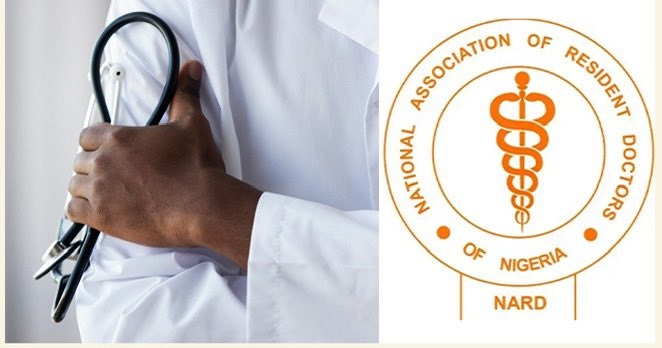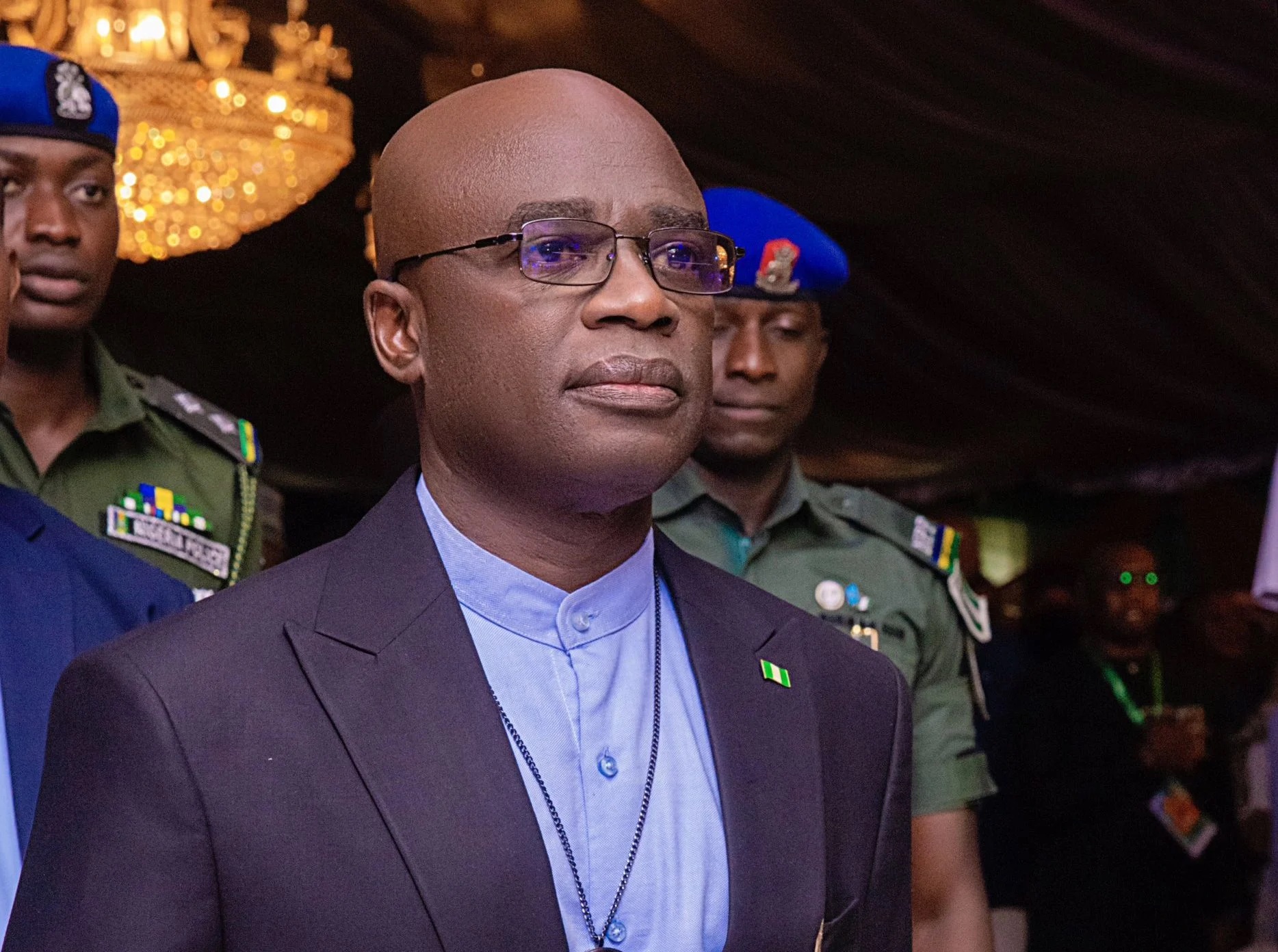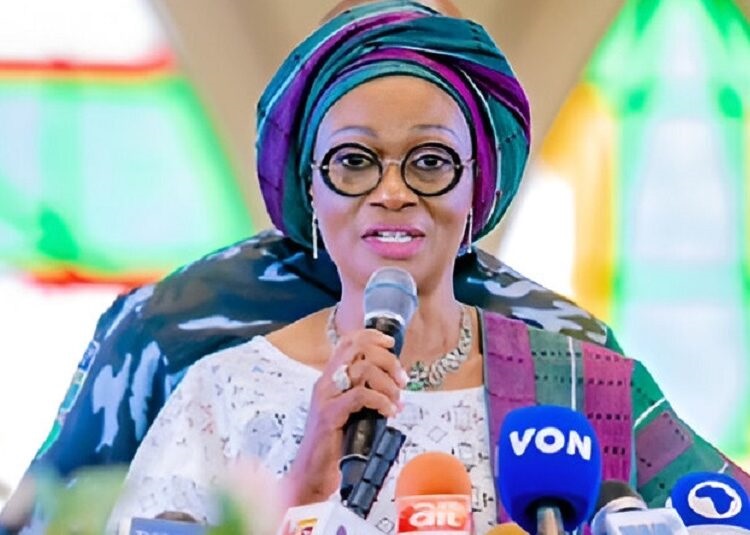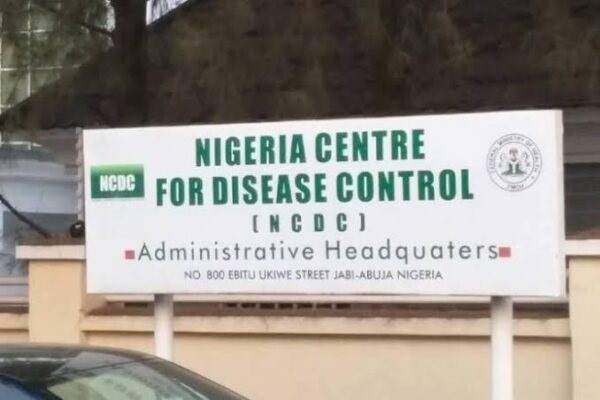Striking resident doctors in Nigeria say they will not return to work until the government meets all their demands, rejecting what they describe as “token gestures” towards resolving the crisis.
The Nigerian Association of Resident Doctors (NARD), which represents thousands of trainee and junior doctors nationwide, began an indefinite strike on 1 November after a 30-day ultimatum to the Federal Government expired.
NARD President, Dr Muhammad Suleiman, told the News Agency of Nigeria (NAN) on Monday that the government’s response had been inadequate, with most of the association’s 19 demands still unmet.
“None of the critical issues responsible for the strike has received serious or adequate attention,” Suleiman said. “One or two fulfilled out of nineteen demands is unacceptable.”
The Federal Ministry of Health and Social Welfare recently announced plans to release ₦11.9 billion for health workers’ arrears and welfare packages, stating that ₦21.3 billion had been transferred to the government’s payroll system and further allocations made for sector-wide payments.
But Suleiman dismissed the announcement, saying NARD was not informed of any such release and that the payments applied to all health workers, not resident doctors specifically.
The ministry said it was working with the Ministry of Finance to address staffing shortages by hiring more healthcare professionals and engaging unions such as the Nigerian Medical Association (NMA) and the Joint Health Sector Unions (JOHESU).
Despite these assurances, NARD has maintained its stance, insisting that the strike will continue until the government fulfils all commitments in full.
Nigeria’s public health system has been severely strained by recurring labour disputes, poor funding, and a mass exodus of medical professionals seeking better opportunities abroad. The ongoing strike has disrupted services in major teaching hospitals and federal medical centres across the country.





